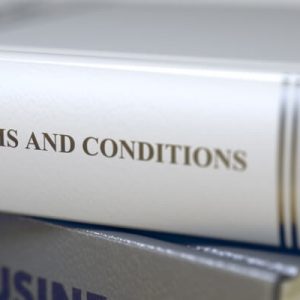
Broadly speaking, all manner of changes relating to the ownership of patents can be subdivided into a legal section and an administrative section. The stage that takes place once the legal part – deeds of merger, licences, etc. – has been completed, is less widely known: the registration and administrative processing of those changes in the (patent) registers at home and abroad. The specialist team in our Assignments department will be glad to assist you in that regard.
Why, after conducting a legal exercise of that type, would you also want to have the (patent) registers amended? There is actually a variety of possible reasons.
Effect on third parties
Generally speaking, registration ensures that third parties are informed of the new situation (effect on third parties). Registering a patent forms a simple method of demonstrating that you are the rightful owner of a patent or patent application.
Legal proceedings
If legal proceedings are going to be held, it is important to ensure that the correct name is entered in the register. In some countries, only the holder whose name appears in the register of patents is entitled to submit a claim for losses arising from the infringement of a patent.
Simpler
It is also important for you to realise that registering a patent while a patent application is still within its priority year will prevent you from having to carry out a great deal of additional administration. Registering your patent in good time means that subsequent applications can immediately be submitted with the right details.
A similar situation applies in relation to European patent applications and international (PCT) applications; registering these before the rights are broken down into national applications or national patents is less labour-intensive and therefore less costly.
Pledgees and licensees
Registration is also of considerable importance with regard to the position of pledgees and licensees. Registering rights under a pledge or license implies that a possible new owner is deemed to be aware of the pledging or licensing.
Downsides
If you decide not to register an assignment or internal assignment, problems may occur later if, for example, you wish to sell patent rights [?]. In order to be able to register the new holder in the register of patents, all stages in the ownership chain must be registered. If, at that point in time, it turns out that a holder, which is (still) not listed in the register, is insolvent or has gone into liquidation, it will no longer be possible for anyone to sign on its behalf. In such cases, it could be difficult to have a new owner listed in the register and, ultimately, to enforce the patent itself.
Seek advice
Taking some fairly simple action will enable you to prevent any problems. Our recommendation would be to report any changes of legal form, ownership, address or name to your patent attorney and ask him/her to explain the risks that may apply if those changes are not (yet) listed in the registers.
Assignments Team
Our Assignments Team is made up of Cobi van Beest and Marijke Groenendaal, each of whom has a great deal of expertise in the registration of changes in all countries, and the lawyer Annelies de Bosch Kemper. Annelies is able to advise you with regard to the legal issues connected with those changes.

